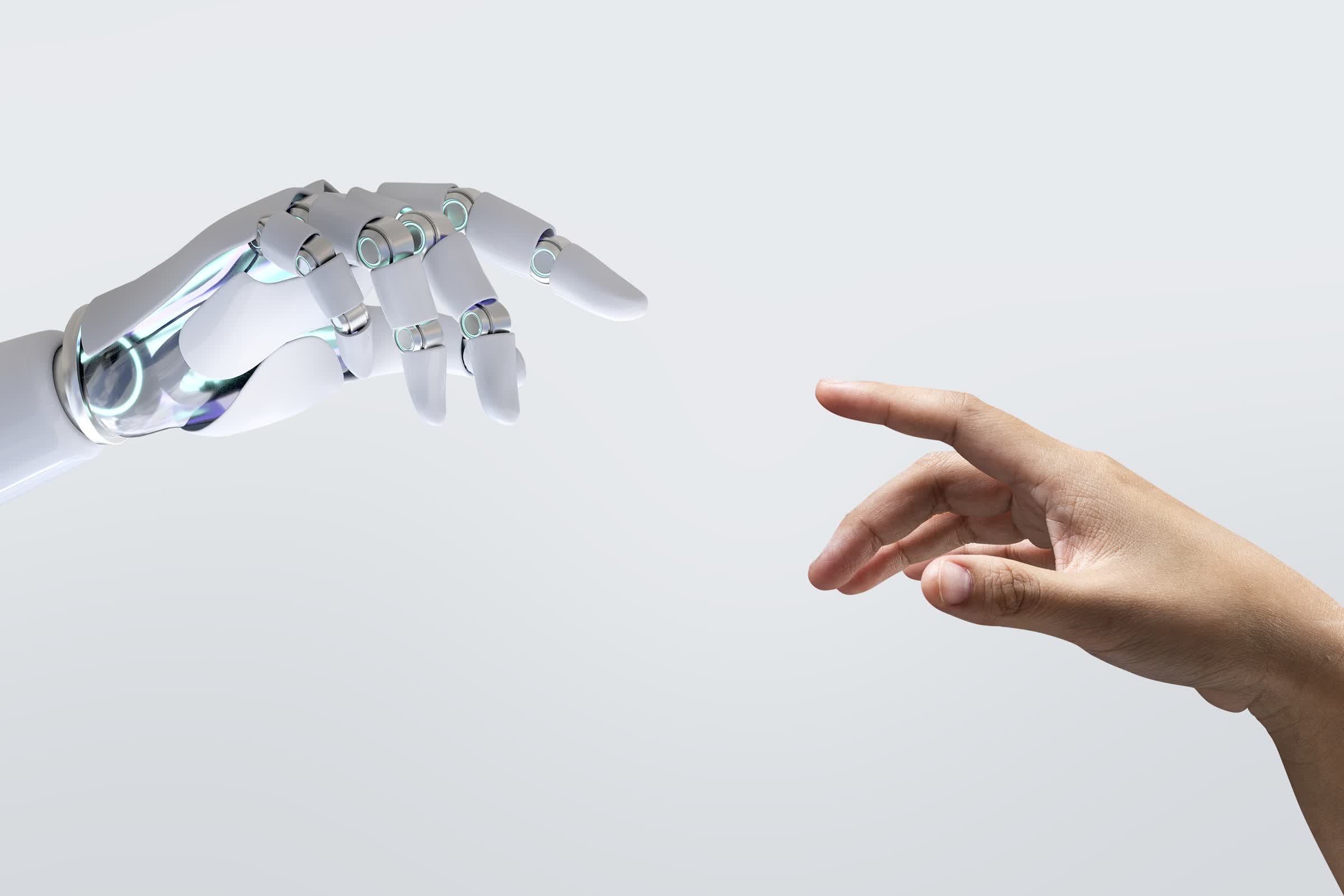Editor's take: Artificial intelligence companions, once a novelty confined to science fiction, have rapidly become part of everyday life for American teenagers. According to newly released findings from Common Sense Media, most teens have interacted with AI chatbots and often turn to them for advice, companionship, or even emotional support. The widespread use of these digital confidants is reshaping adolescent life and social development, prompting growing concern among parents, educators, and researchers about the potential risks and rewards of a generation coming of age alongside artificial friends.
"It's eye-opening," said Michael Robb, the study's lead author and head researcher at Common Sense. He told The Associated Press that even researchers were surprised by the sheer number of teens relying on AI for humanlike interaction. The research found that more than 70 percent of US teens reported using these tools, and over half said they engage with them regularly.
Digital platforms like Character.AI, Replika, and mainstream chatbots such as ChatGPT are stepping into roles once filled solely by human relationships. For many youth, the appeal is clear.
"AI is always available. It never gets bored with you. It's never judgmental," said Ganesh Nair, 18, of Arkansas. "When you're talking to AI, you are always right. You're always interesting. You are always emotionally justified."
But Nair has also seen the downsides up close. After a friend used an AI chatbot to draft a breakup message to his girlfriend, Nair began to question the wisdom of relying on machines for relationship advice. "That felt a little bit dystopian, that a computer generated the end to a real relationship," he said. "It's almost like we're allowing computers to replace our relationships with people."

Robb cautioned that adolescence is a critical time when social and emotional skills are still developing, and that digital companions can't fully replace human relationships. "If teens are developing social skills on AI platforms where they are constantly being validated, not being challenged, not learning to read social cues or understand somebody else's perspective, they are not going to be adequately prepared for the real world," he said.
The Common Sense study didn't just measure usage; it also examined the risks of AI companions for young users. The group found that age restrictions on many platforms were either ineffective or nonexistent, exposing minors to sexual content, dangerous advice, and "validation" that can reinforce unhealthy thinking. The organization now recommends that people under 18 avoid such platforms altogether until more robust safeguards are in place.
National concern about teens forming close emotional bonds with chatbots intensified last year after a Florida boy died by suicide following sustained, intimate exchanges with an AI. Stories like this have underscored the vulnerabilities of young users and fueled growing calls for caution.
Eva Telzer, a psychology and neuroscience professor at the University of North Carolina at Chapel Hill, has noticed how quickly the change has occurred.
"Parents really have no idea this is happening," Telzer said. "All of us are struck by how quickly this blew up."
According to her research, children as young as eight are already exploring generative AI, often for companionship or to navigate complex questions about identity. She found that apps like SpicyChat AI – designed for adults – are now popular among teens for role-playing.
"One of the concerns that comes up is that they no longer have trust in themselves to make a decision," Telzer said. "They need feedback from AI before feeling like they can check off the box that an idea is OK or not."
Many teens also use chatbots to help craft sensitive emails or social messages. Seventeen-year-old Bruce Perry, also from Arkansas, says he now defaults to AI for organizing essays, getting social advice, and even deciding what to wear.
"If you tell me to plan out an essay, I would think of going to ChatGPT before getting out a pencil," Perry said. He expressed concern for younger kids growing up with these tools: "I'm worried that kids could get lost in this. I could see a kid that grows up with AI not seeing a reason to go to the park or try to make a friend."
While some teens are nervous about AI's influence, others say its impact feels fundamentally different from social media, which fostered new connections and visibility. "Social media complemented the need people have to be seen, to be known, to meet new people," Nair said. "I think AI complements another need that runs a lot deeper – our need for attachment and our need to feel emotions. It feeds off of that." He called artificial intelligence "the new addiction."
The Common Sense study found that most teens still prefer real-life relationships over AI. But the growing reliance on digital friends for advice and emotional connection has become a defining part of modern adolescence – a shift that experts and families are only beginning to grasp.
